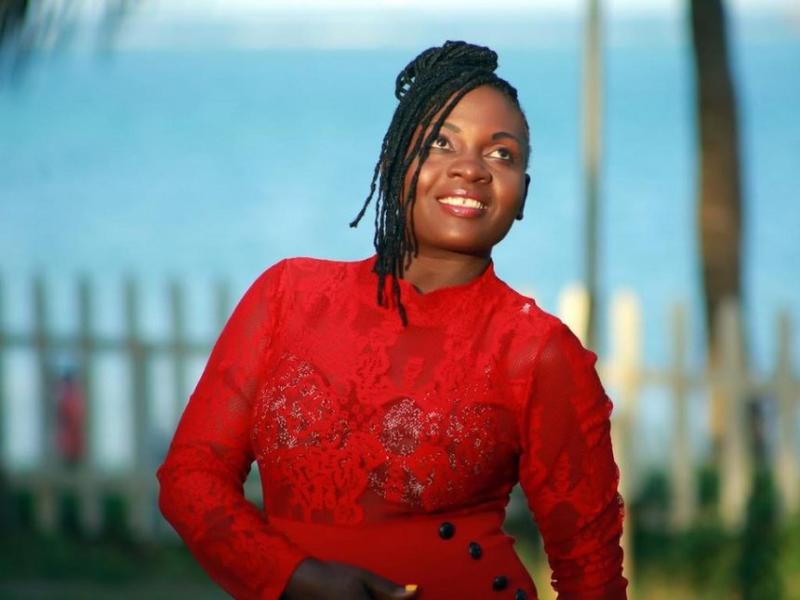×
The Standard e-Paper
Smart Minds Choose Us

Seated in her café, Nyota Ndogo looks like any other entrepreneur in the dusty but busy business landscape that is Voi town. To anyone who visits Nyota Ndogo Jikoni, she appears as busy as her staff.